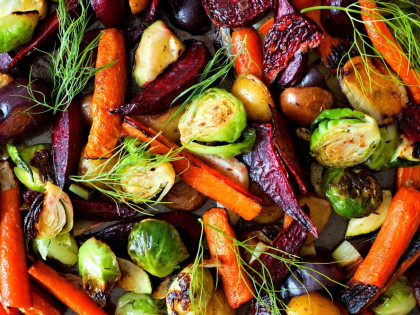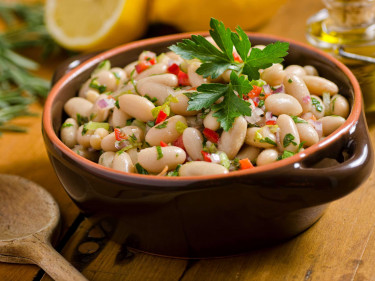What is PCOS?
Polycystic Ovary Syndrome (PCOS) is an hormonal condition that affects 8-13% of women of reproductive age. PCOS should be discussed with and diagnosed by your GP and an endocrinologist. Signs and symptoms of PCOS include irregular or absent periods, abnormal hair growth, hair loss, infertility, and insulin resistance. Signs and symptoms that many people with PCOS experience include irregular, or absent periods, abnormal hair growth, hair loss, infertility, and insulin resistance.
Factors affecting risk of PCOS including genetic, environmental and lifestyle factors likely contribute to its development. Many people with PCOS find it difficult to manage their weight, with a large proportion of people with PCOS being above the healthy weight range. Hyperandrogenism (excessive levels of testosterone) and insulin resistance (when body cells don’t respond to insulin as they normally would) contribute to the challenges that people with PCOS experience in managing their weight.
Can PCOS be treated with lifestyle changes?
PCOS is best managed by a team of health professionals. Having PCOS increases your risk of future health conditions, such as metabolic syndrome, high cholesterol, and high blood pressure, type 2 diabetes, and endometrial cancer, as well as carrying an emotional and psychological burden.
Lifestyle changes, including weight loss/or maintenance, improving the quality and variety of the foods you eat, increasing your physical activity and looking at ways to reduce your stress are all recommended by the international community of medical experts in PCOS as a first line treatment option for people with PCOS.
Do I need to lose weight if I have PCOS?
If you have PCOS and are above the healthy weight range, you may benefit from losing weight. Research suggests that weight loss of even 5-10% can help improve the symptoms of PCOS, improving insulin resistance and androgen levels (hormones). It can be difficult to lose weight and maintain it, you can find out some of our top tips for losing weight here.
Are there any foods that need to be avoided when you have PCOS?
A quick search of the internet might tell you to follow a gluten-free diet, cut out carbohydrates or avoid dairy, but the short answer is no. Some studies looking at healthy patterns of eating most suitable for people with PCOS have found positive effects on weight and metabolic markers (such as insulin resistance) when following the Dietary Approaches to Stop Hypertension (DASH) diet, and similarly a diet with predominately low-GI carbohydrates. These diets, and eating patterns are characteristically high in vegetables, fruits, wholegrains, lean proteins, reduced fat dairy and health fats, while limiting discretionary foods, foods high in saturated fats, salt and added sugars.
If you have a goal of losing weight, aim to follow an eating pattern that achieves a moderate energy deficit, without being unnecessarily restrictive.
Key tips for healthy eating with PCOS:
- Eat small, frequent meals
- Include vegetables and/or fruits at every meal
- Choose wholegrain, low GI carbohydrates, lean proteins and healthy fats
- Limit your intake of foods high in saturated fats, salt and simple sugars e.g. fried, takeaway foods, ice creams, chocolate and processed meats
- Aim for a moderate energy deficit each week if you have a goal of losing weight, which is around 500kJ less than your energy requirements each day
- Be physically active on most days of the week
If you are finding it challenging to meet your goals or are looking for personalised nutrition advice, ask for a referral from your GP or reach out to an Accredited Practising Dietitian who will be able to support your specific nutrition requirements.













